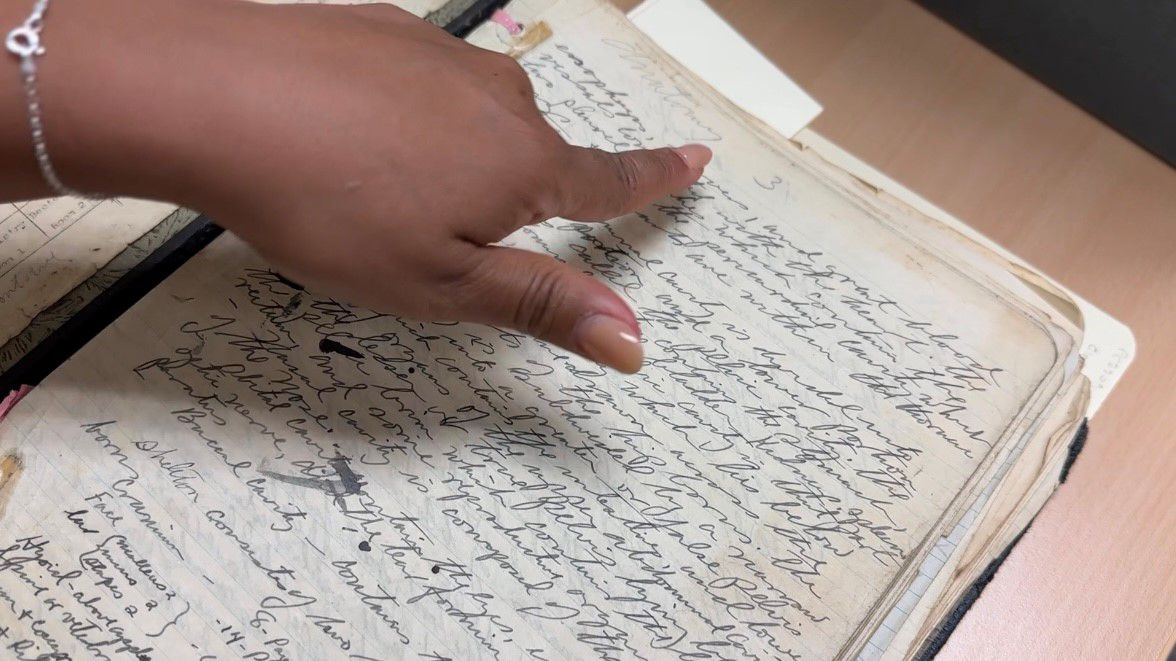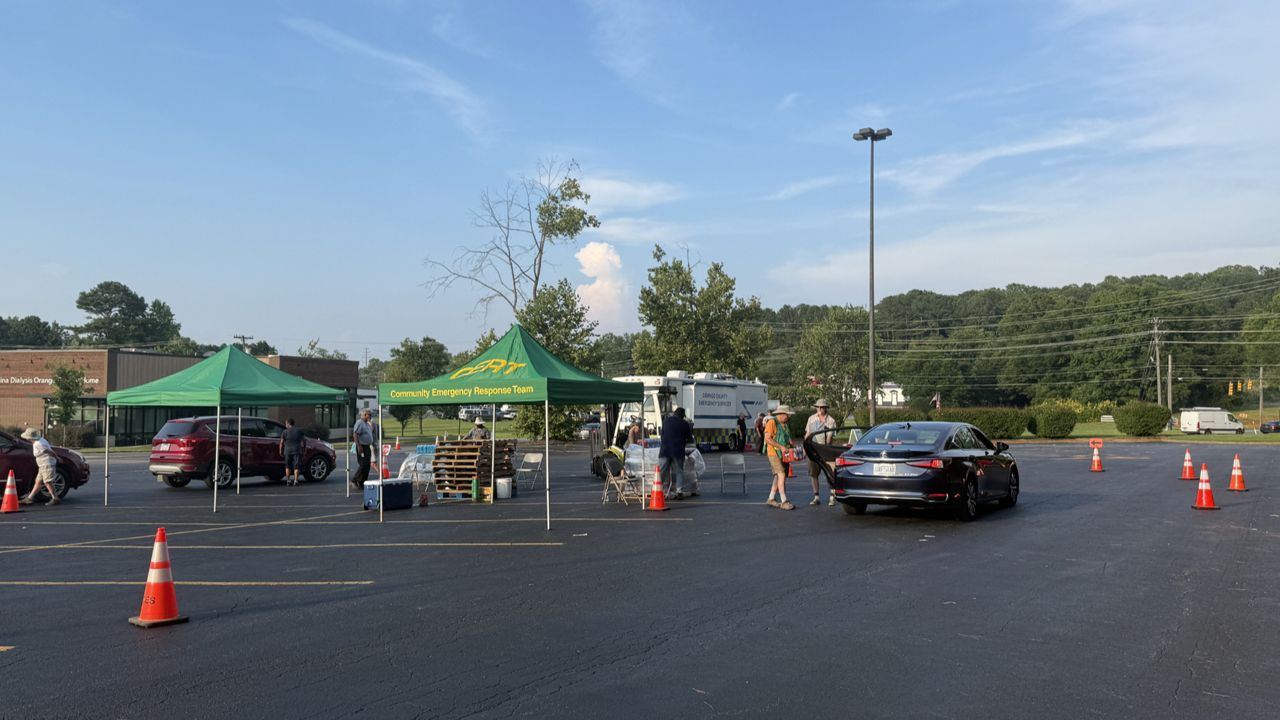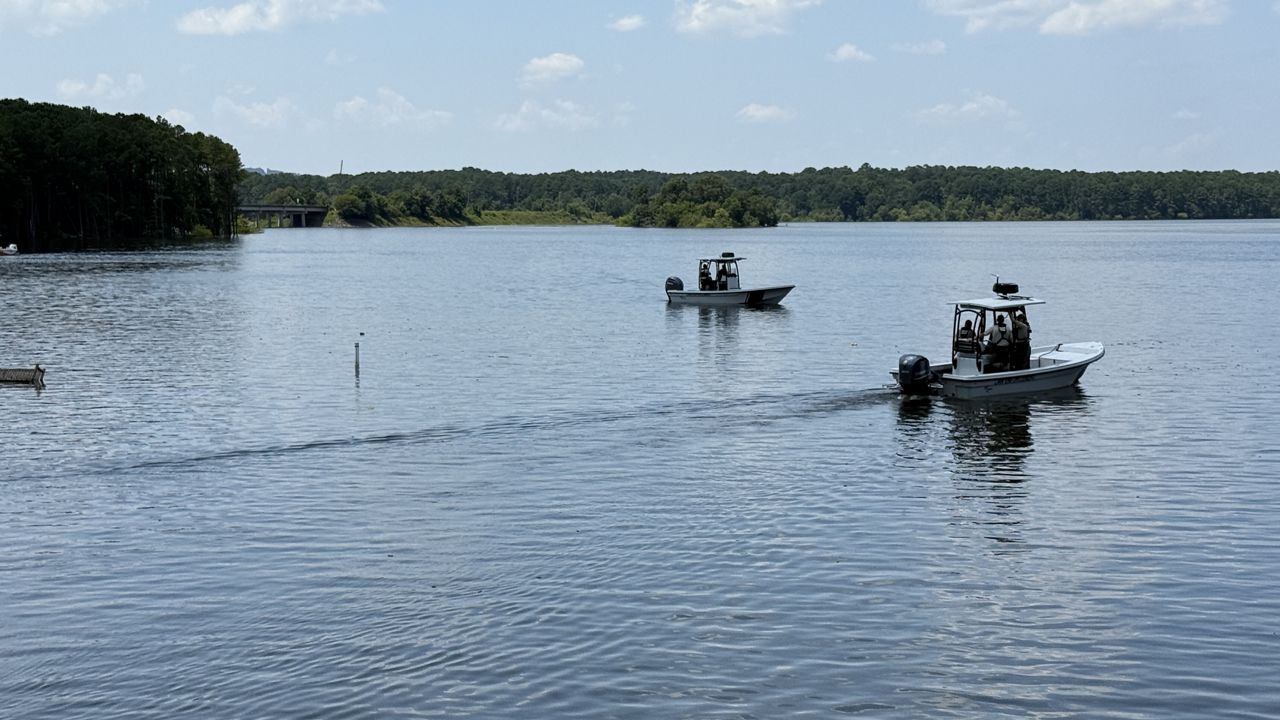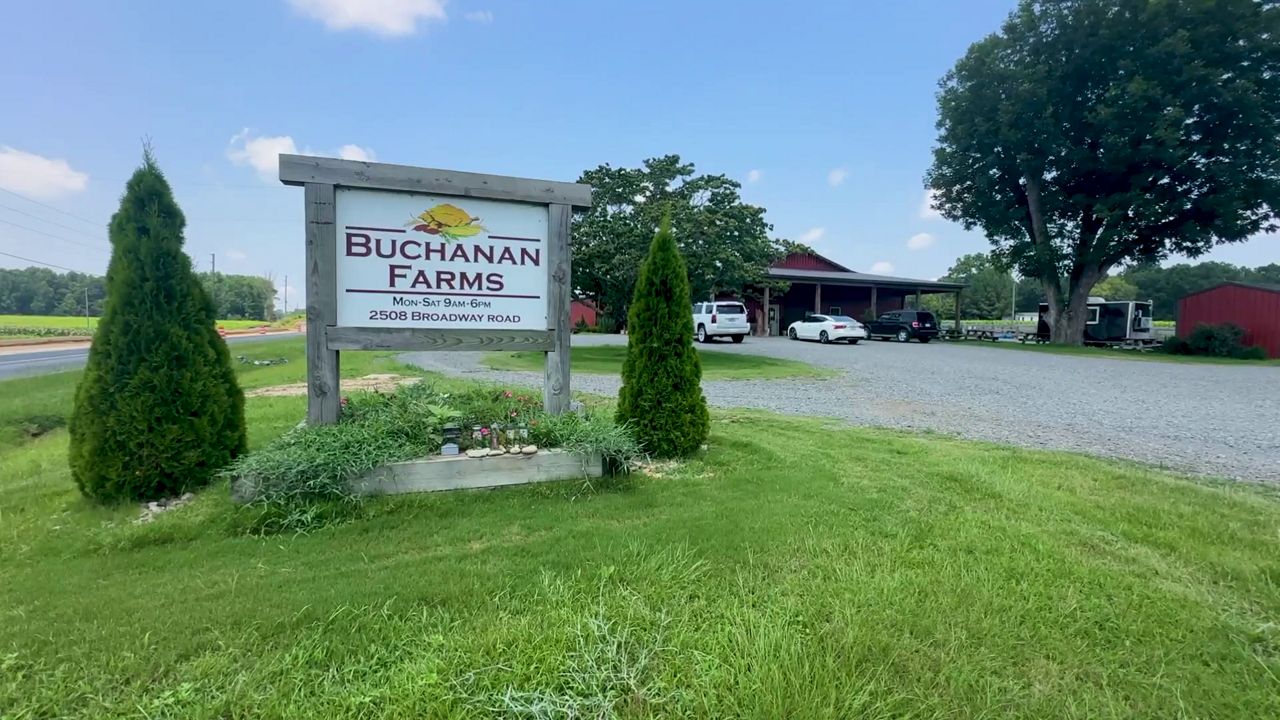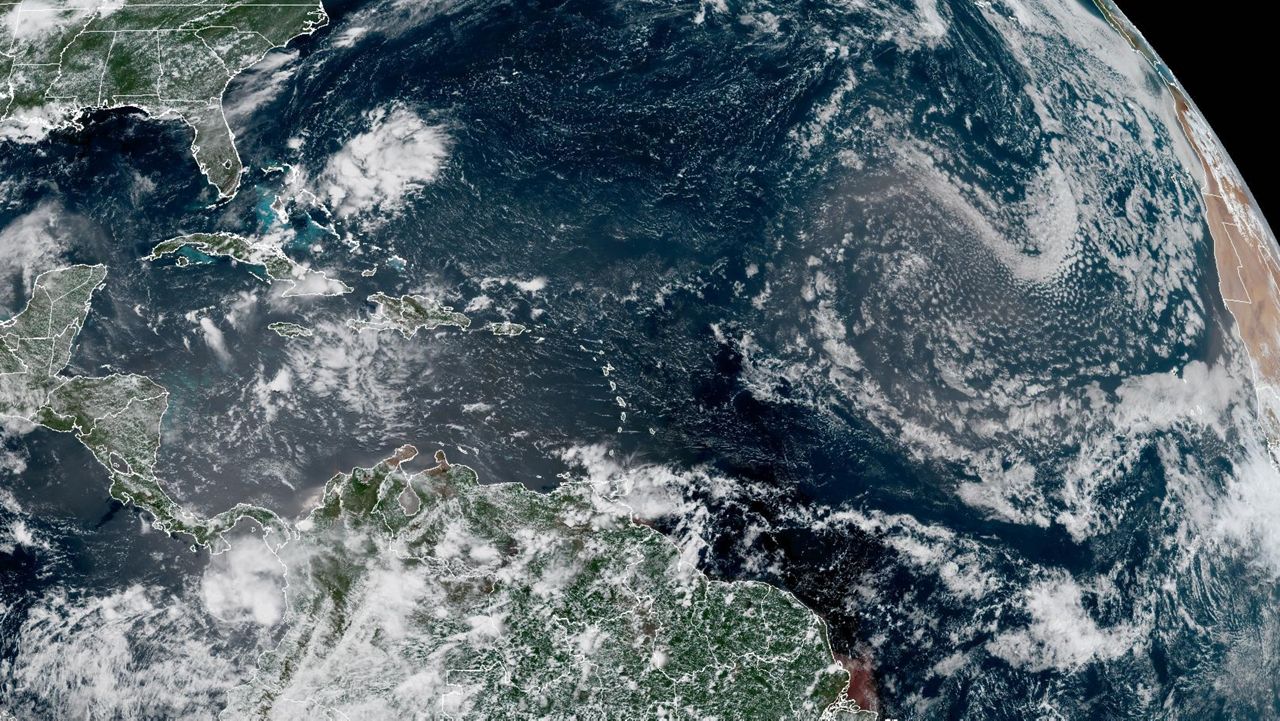RALEIGH, N.C. – The North Carolina State Archives are home to records dating back to the 1600s, spanning all corners of the state, and they want the public to come explore.
North Carolina’s State Archives originally started as part of the Museum of History, but as the collection grew, it became obvious that it needed its own building.
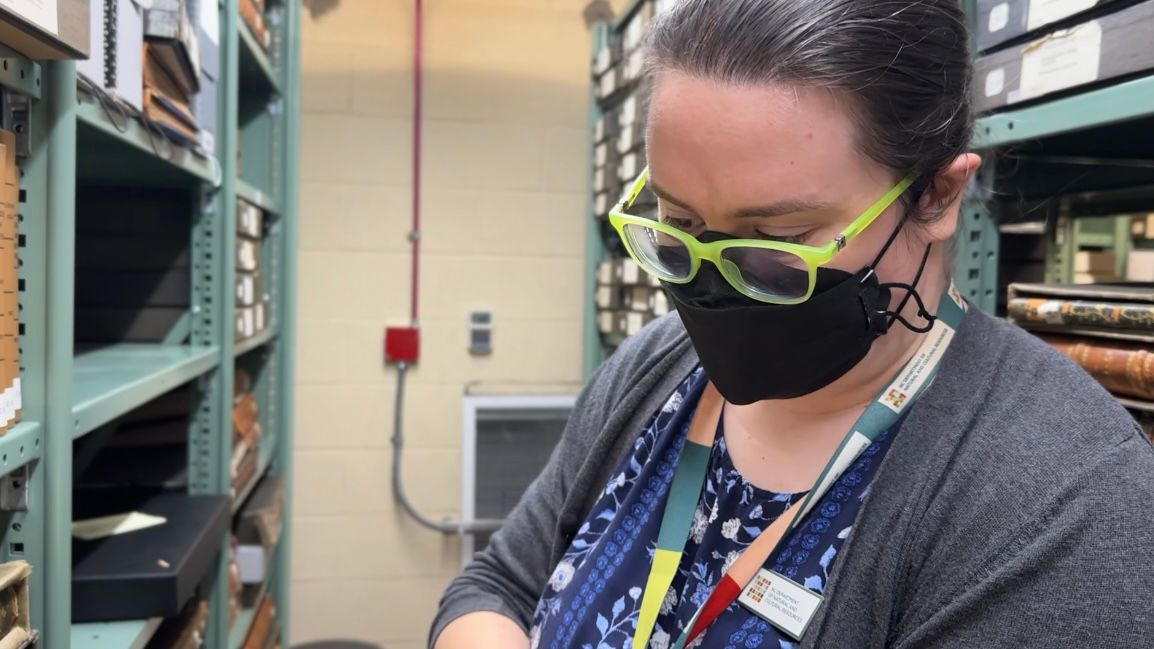
“A collection can be an item or could be 400 boxes, it really depends,” Elizabeth Bates, an organization and private records archivist said. “And some of them will include diaries, they'll include letters; we'll have photographs in these collections as well and some will be full of like maps and blueprints and stuff that are a real challenge, but also important and worth preserving.”
Now situated next to the General Assembly and the Museums of History and Natural Sciences, the building may look off-limits, but they want the public to come explore the history that makes North Carolina special.
“I want them to understand the significance and the importance of this archives and this repository and how we can bring this history to life and preserve it for future generations,” Judy Allen Dodson, the special collections manager at the State Archives, said.
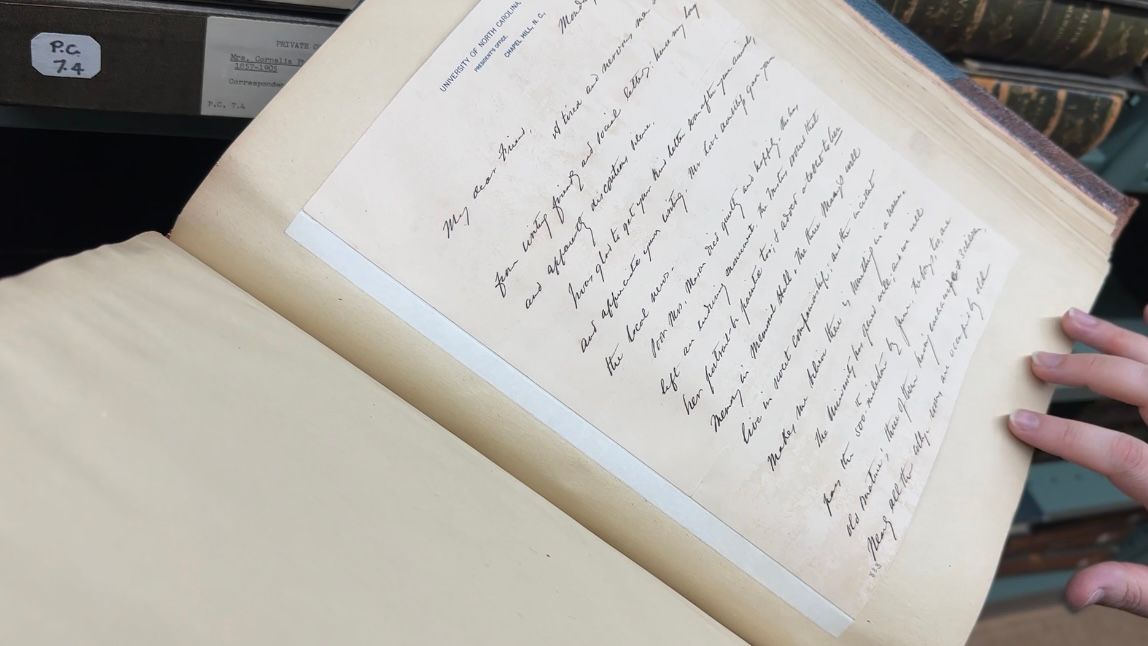
Even after 20 years in this job, Dodson is still discovering the many treasures within the shelves. She said it would take a lifetime to get to know every collection, but their goal is to represent every part of the state and highlight its unique and colorful history.
“Some people get into it because they're really passionate about history,” Bates said. “I'm passionate about helping the public, and if they're passionate about history, I want to help them get to that history.”
Nearly everything in the State Archives has been donated by families or organizations. Archivists like Bates then have the difficult job of deciding what to keep. The archives already house thousands of records spanning numerous buildings and continue to grow each day.
“Uniqueness, statewide significance, whether it's something that is actually useful because there are some things that they are unique and they are relevant to the whole state, but no one is ever going to look at it,” Bates said. “So we kind of have to think about that a little bit.”
“When we say we're the State Archives, we want everyone in the state to be represented,” Dodson said.
The State Archives are open to visitors, but not in the climate-controlled stacks themselves.
All research is conducted in what’s known as the search room where they will bring out collections for visitors to look at.
“Every collection is unique, every private collection is totally different from every other collection,” Bates said. “So it's just a lot of wonder what surprises are in store with this particular donation.”
Anyone can call or visit the archives online to make a request to see a specific collection in-person or look at their digitized collections online.
“We want them to feel comfortable coming to the archives,” Dodson said. “We start when they're young. So we have so many tours from K-12 coming through the archives.”
